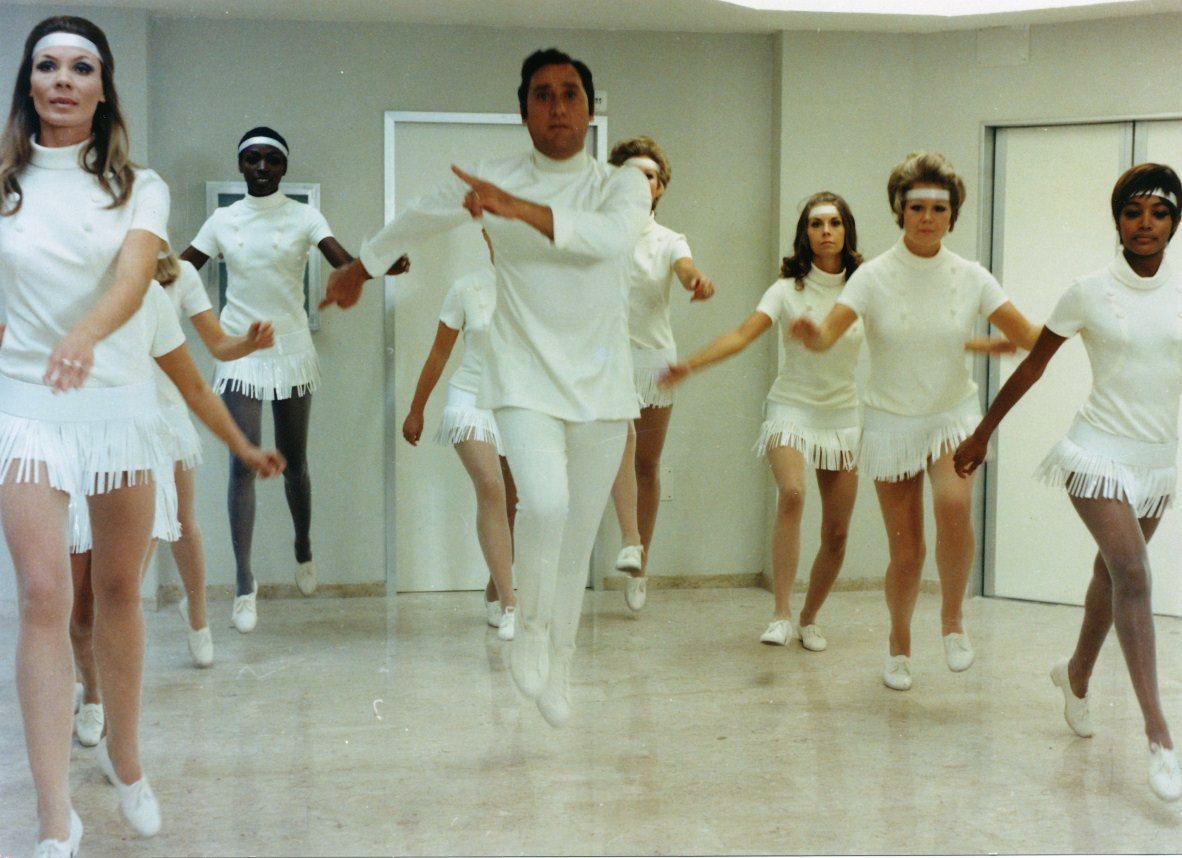“Il medico della mutua” (1968) and its sequel “Il prof. dott. Guido Tersilli primario della clinica Villa Celeste convenzionata con le mutue” (1969) are two seminal Italian comedies directed by Luigi Zampa. These films, starring Alberto Sordi, offer a sharp satirical take on the Italian healthcare system of the 1960s. Highlighting the absurdities and inefficiencies within the medical profession.
Il medico della mutua (1968)
“Il medico della mutua,” or “The Health Insurance Doctor,” follows the story of Dr. Guido Tersilli. A young, ambitious physician who is determined to climb the social and professional ladder as quickly as possible. Newly graduated, Tersilli navigates the corrupt and competitive world of Italy’s public healthcare system with cunning and opportunism.
The film is a biting satire of the healthcare system, where profit and personal gain often overshadow patient care. Dr. Tersilli’s character embodies the moral decay prevalent among some medical practitioners of the time. His relentless pursuit of wealth and status leads him to exploit the system, taking on an excessive number of patients to maximize his earnings, often at the expense of providing adequate medical care.
“Il medico della mutua” struck a chord with Italian audiences, who recognized the exaggerated yet truthful portrayal of the flaws in their healthcare system. Alberto Sordi’s performance as the unscrupulous Dr. Tersilli was widely acclaimed. The film’s success cemented its place in Italian cinema history as a quintessential social satire.
Il prof. dott. Guido Tersilli primario della clinica Villa Celeste convenzionata con le mutue (1969)
The sequel, titled “Il prof. dott. Guido Tersilli primario della clinica Villa Celeste convenzionata con le mutue,” translates to “Professor Doctor Guido Tersilli, Head Physician of the Clinic Villa Celeste Affiliated with Health Insurance.” It continues the story of Dr. Tersilli, who has now advanced in his career to become the head of a private clinic. Despite his elevated status, Tersilli remains as ambitious and morally questionable as ever, continuing to manipulate the system for personal gain.
In this sequel, the focus shifts to the private healthcare sector, exposing similar ethical issues and systemic inefficiencies as seen in the public system. Dr. Tersilli’s tactics become more sophisticated as he navigates the challenges of running a private clinic. However, his fundamental approach to medicine remains unchanged—profits before patients.
While the sequel did not achieve the same level of acclaim as its predecessor, it still resonated with audiences and critics for its sharp humor and continued critique of the medical profession. Sordi’s portrayal of Tersilli remains compelling, capturing the character’s evolution without losing the essence of his opportunistic nature.
Legacy
Both “Il medico della mutua” and its sequel hold significant places in Italian cinematic history for their unflinching examination of the healthcare system through the lens of comedy. Alberto Sordi’s performances are central to the films’ success, bringing a nuanced blend of charm and criticism to the role of Dr. Tersilli.
These films are more than just comedies; they are cultural commentaries that sparked discussions about the ethics and efficiency of healthcare in Italy. Their enduring popularity is a testament to their ability to blend humor with poignant social critique, making them timeless pieces of Italian cinema.
In conclusion, “Il medico della mutua” and its sequel remain relevant and insightful, offering a humorous yet critical look at the healthcare system’s complexities. They continue to be celebrated for their wit, performances, and enduring impact on both Italian cinema and society.
Watch the movie on Movieitaly+
Read more articles here!






